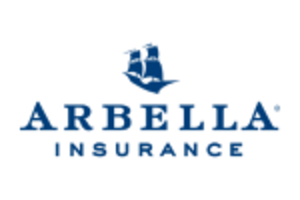
![]()
Safeco, Farmers, and Allstate are the best car insurance companies that use tracking devices, offering unique savings and rewards based on driving habits.
![]()
Safeco rewards safe driving with lower premiums, Farmers' Signal offers up to $100 in rewards, and Allstate's Drivewise provides monthly savings by monitoring driving behaviors. The article explores how tracking devices allow insurers to offer usage-based discounts, helping drivers lower their rates by demonstrating safe driving habits.
| Company | Rank | Bundling Discount | A.M. Best | Best For | Jump to Pros/Cons |
|---|---|---|---|---|---|
| #1 | 15% | A | Reliable Coverage | Safeco | |
| #2 | 20% | A | Comprehensive Options | Farmers | |
| #3 | 25% | A+ | Customer Service | Allstate | |
 |
#4 | 25% | A | Flexible Plans | Liberty Mutual |
| #5 | 10% | A+ | Affordable Premiums | Progressive | |
| #6 | 13% | A++ | Extensive Discounts | Travelers | |
 |
#7 | 20% | A+ | Trusted Service | Nationwide |
| #8 | 17% | B | Exceptional Support | State Farm | |
| #9 | 10% | A++ | Military Focused | USAA | |
| #10 | 25% | A++ | Competitive Rates | Geico |
To find the best car insurance companies that use tracking devices, drivers should compare policies and features from multiple companies. This comparison makes sure that their insurance gives them the most value and saves them the most money.
Find best car insurance quotes by entering your ZIP code above.
What You Should Know
- Safeco offers top savings for safe drivers using tracking devices
- Tracking devices help drivers save by monitoring and rewarding safe driving habits
- Compare quotes to find the best car insurance companies that use tracking devices
#1 – Safeco: Top Overall Pick
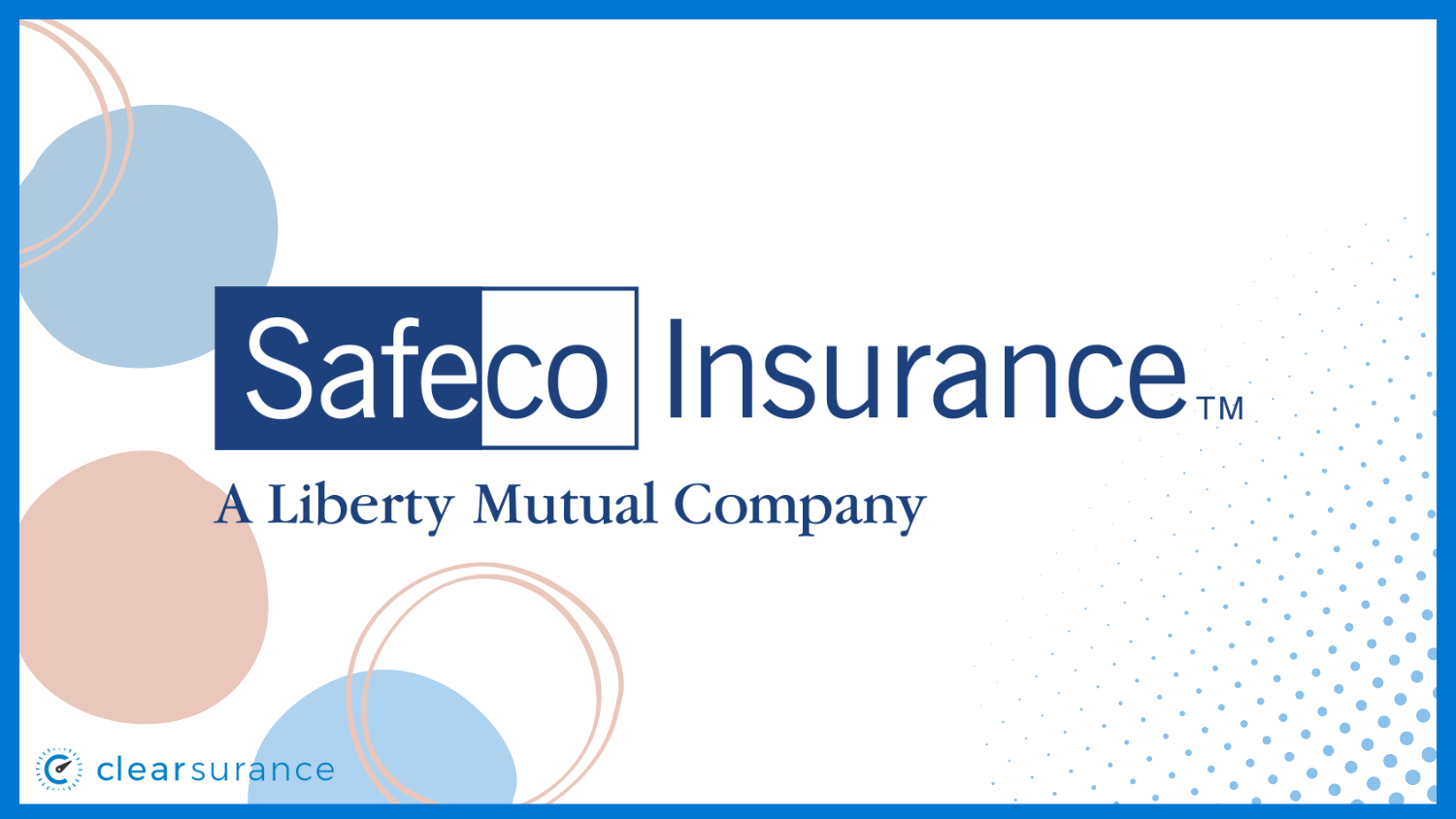
Pros
- Frequent Discount Chances: Safeco gives drivers who use car tracking devices up to 15% off, making it easy to save on monthly rates.
- Safe Driving Rewards: Safeco also rewards drivers with clean records through tracking systems. Read more about buying auto insurance online.
- Multiple Coverage Selections: Safeco is very nice because it gives many different types of coverage and also has discounts if you monitor.
Cons
- Limited Benefits for Risky Drivers: People who have broken driving rules might not get large discounts, even if they use tracking systems.
- Possible Rate Increases: If tracking measurements are not good, insurance rates maybe go up instead of going down.
#2 – Farmers: Best for Comprehensive Options
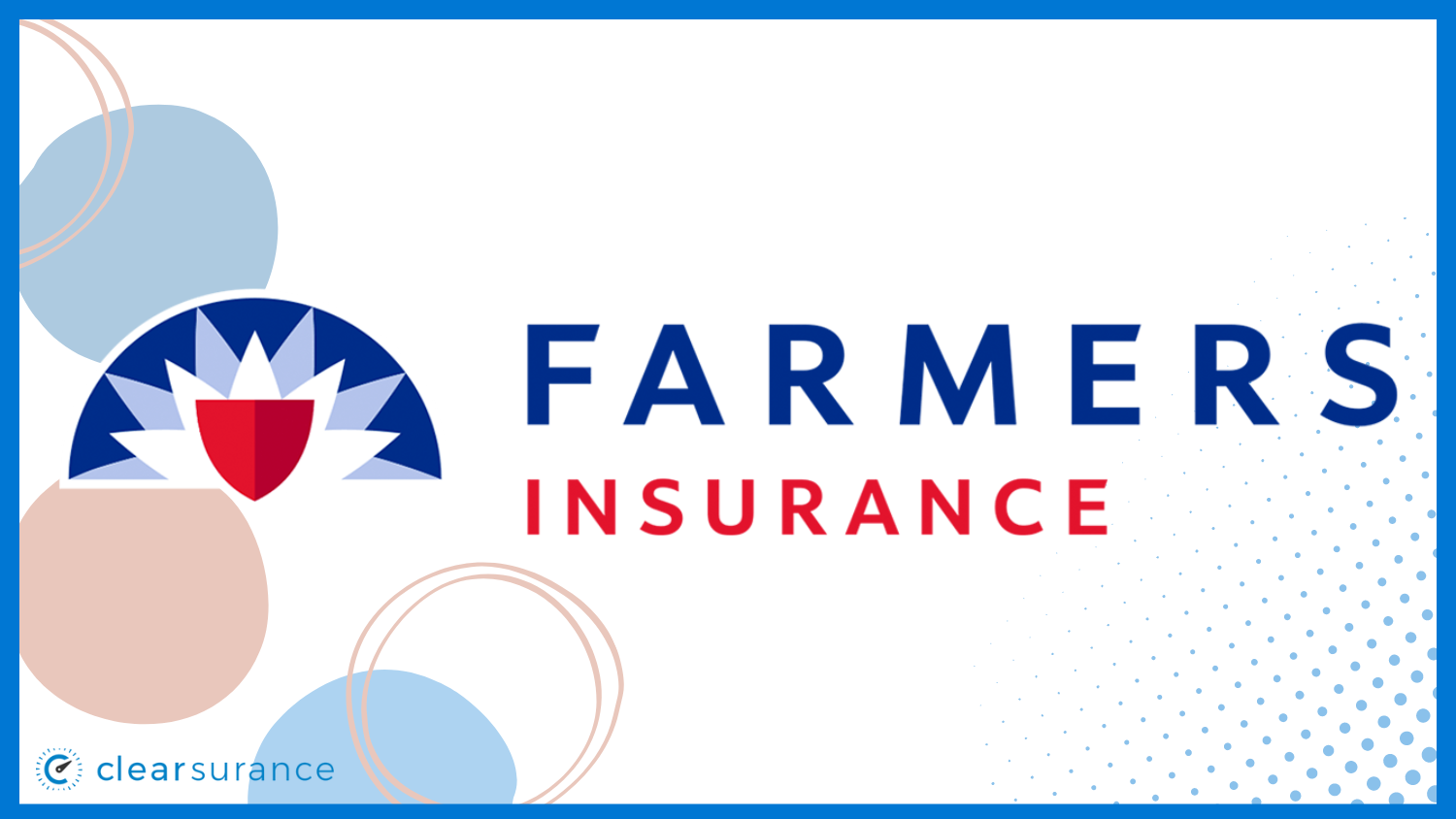
Pros
- Substantial Discount Program: Drivers with car tracking devices can score a 20% discount from Farmers.
- Customized Policy Options: Trackers help drivers save by tailoring coverage to fit their needs. Learn more in our Farmers car insurance review.
- Unique Driving Rewards: Keep up safe driving with a tracker, and you can earn exclusive rewards.
Cons
- Complicated Savings Options: It maybe need some time for understand all different savings choices that come with tracking systems.
- Needing Safety Standards: For getting discounts based on tracking, drivers must maintain safe driving habits.
#3 – Allstate: Best for Customer Service
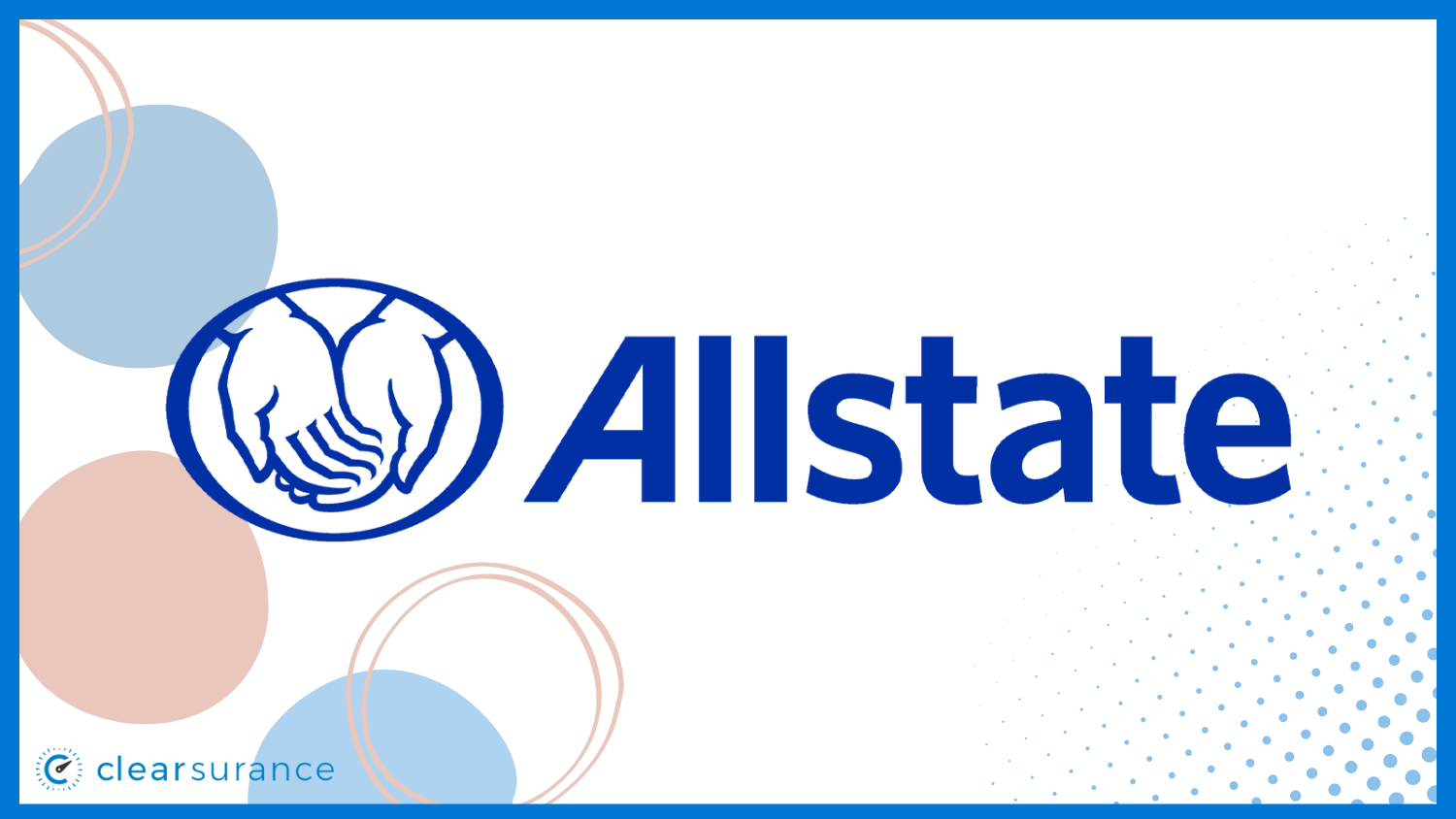
Pros
- High Bundling Discounts: Allstate gives drivers who use car tracking devices a 25% discount to help them save on their monthly rates.
- Drivewise Feature: This tool help users keep track of their driving and get discounts up to 40%. Explore more ways to save in our Allstate car insurance review.
- Crash Detection: Allstate’s Drivewise feature provides crash detection, giving more safety for those using the tracking system.
Cons
- Slow Savings Kick-In: Policyholders might notice it takes a bit before the program savings actually show up on their policies.
- Unreliable App Experience: Glitches with the Drivewise app can pop up, which might impact your savings.
#4 – Liberty Mutual: Best for Flexible Plans
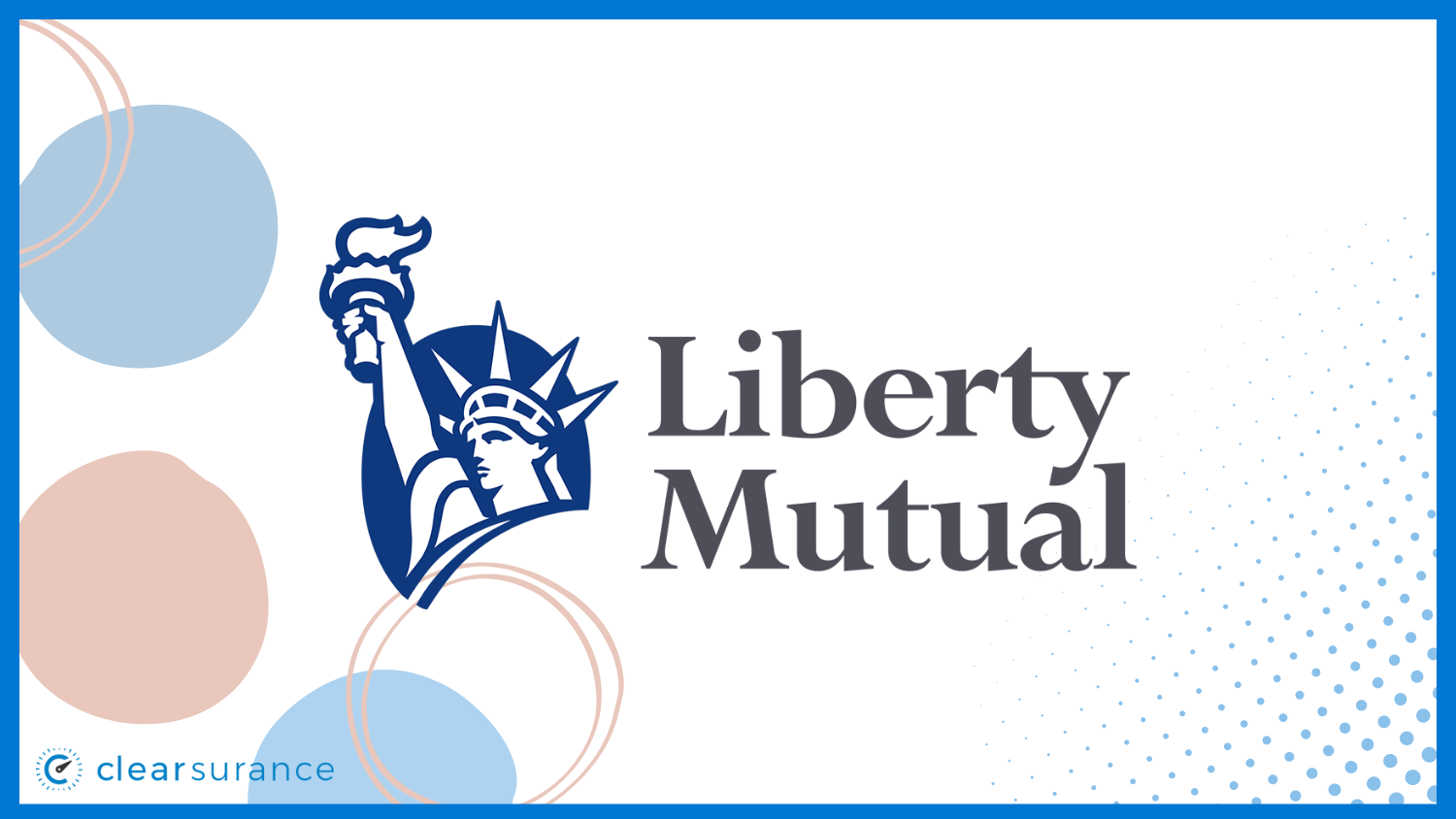
Pros
- Generous Bundling Savings: Liberty Mutual offers up to 25% off for drivers who bundle policies with tracking devices.
- Flexible PRate Adjustments: Their plans adapt in real-time based on your driving data to give you better rates.
- Safe Driving Rewards: Drivers using tracking devices can earn regular perks for keeping up good driving habits. Read our comprehensive car insurance review of Liberty Mutual.
Cons
- Privacy Concerns: Some drivers maybe feel uncomfortable with all tracking necessary to get discounts.
- Unexpected Savings: How much you save by using tracking devices can really vary based on how you drive.
#5 – Progressive: Best for Affordable Premiums
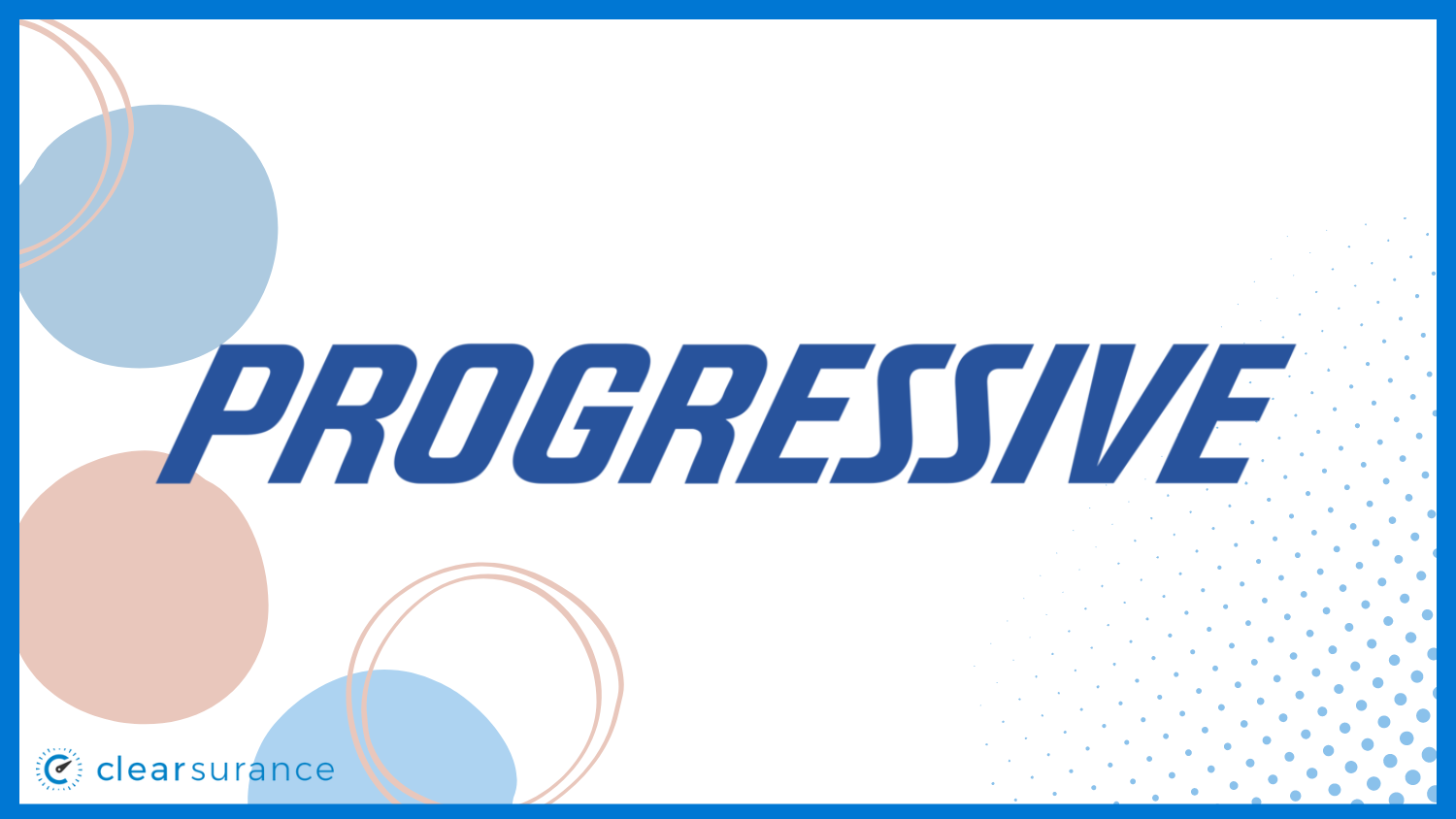
Pros
- Snapshot Discounts: For drivers using tracking devices, Progressive’s Snapshot program offers up to 30% off for safe driving.
- Low Base Rates: Progressive provides one of the most affordable rates before adding tracking system discounts.
- Personalized Policies: Their plans are highly customizable, especially when tracking system data is taken into account. Unlock details in our Progressive car insurance review.
Cons
- Privacy Concerns: The Snapshot`s program level of data collected may be too intrusive for some drivers.
- Potential Premium Increases: Drivers who exhibit poor driving behaviors, as tracked by the Snapshot program, can experience higher premiums.
#6 – Travelers: Best for Extensive Discounts
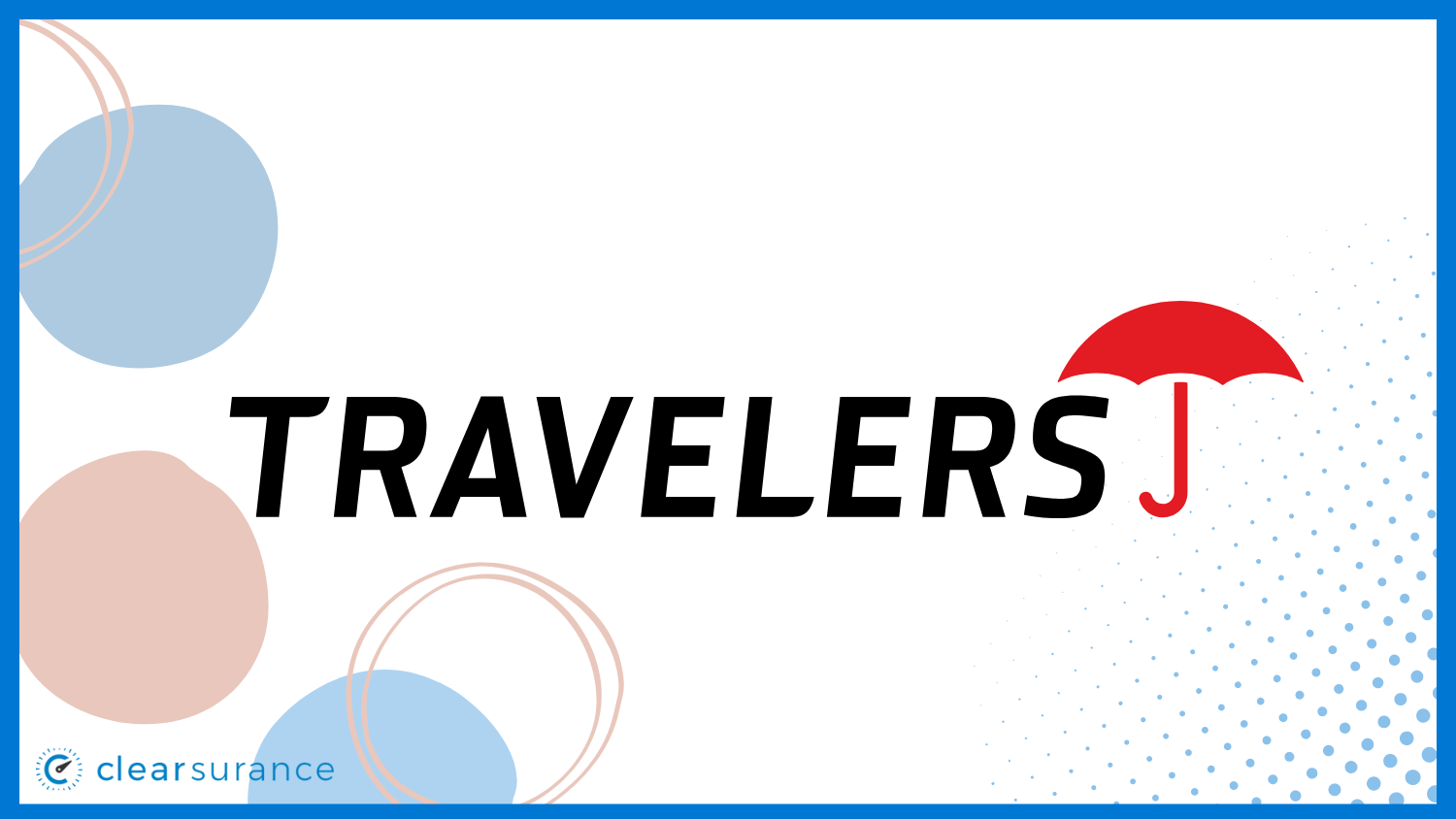
Pros
- Clear Driving Metrics: The IntelliDrive app provides detailed, easy-to-understand feedback on driving behavior. Read our Travelers car insurance review.
- A++ Financial Strength: Travelers’ top-tier financial health offers stability to policyholders using tracking-based discounts.
- Short Evaluation Period: Their 90-day evaluation window provides quicker discounts than many other tracking programs.
Cons
- Strict Monitoring Requirements: Some users may feel restricted by the fact that Travelers tracks their every move while driving.
- Reduced Savings for High Mileage: Frequent drivers may find fewer savings through tracking-based discounts.
#7 – Nationwide: Best for Trusted Service
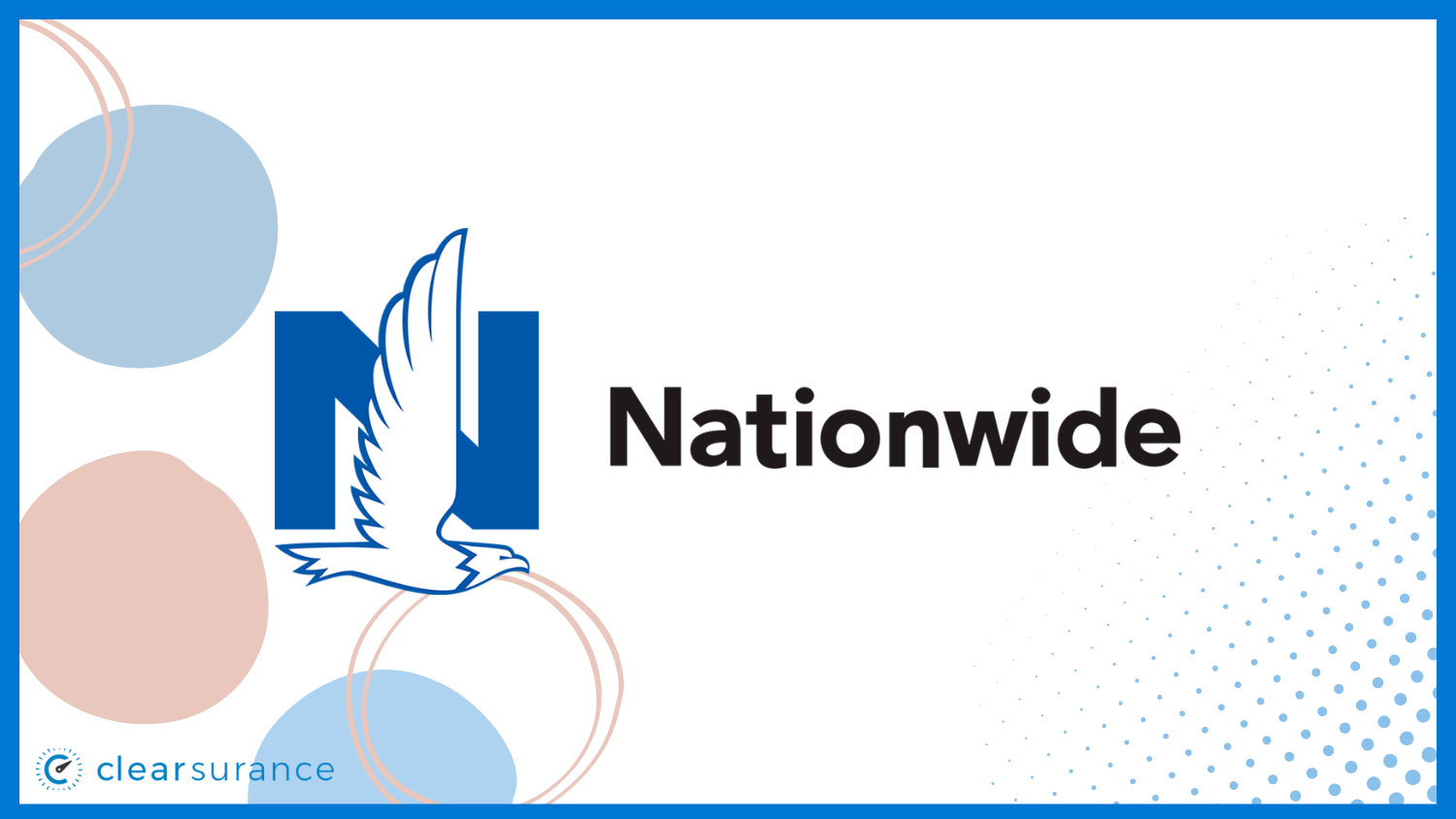
Pros
- SmartRide Discounts: Nationwide’s SmartRide program offers up to 20% off to drivers using tracking devices.
- Consistent Feedback: With the the SmartRide app, drivers can receive continuous updates seeking to maximize savings. Take a look at our Nationwide car insurance review.
- No Long-Term Commitment: If drivers feel that the tracking is too intrusive, they can opt out of the SmartRide program.
Cons
- Basic App Features: Other insurers’ tracking systems are more high-tech than the SmartRide app.
- Privacy Concerns: Some drivers might feel uneasy about the amount of tracking in the SmartRide program.
#8 – State Farm: Best for Exceptional Support
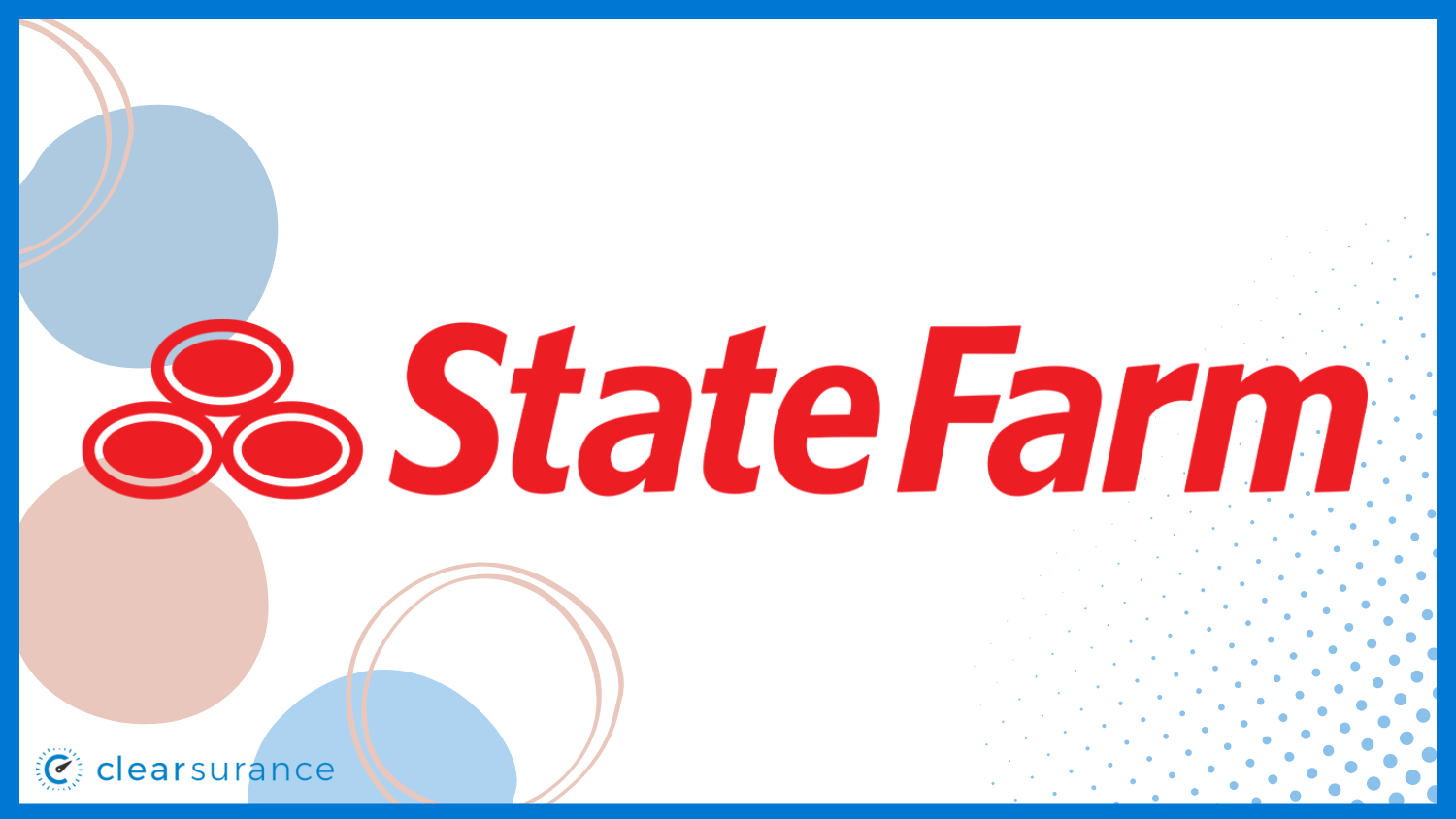
Pros
- Drive Safe & Save: State Farm’s tracking program offers up to 30% savings based on driving habits.
- Accessible Driving Data: The Drive Safe & Save app allows easy tracking of driving behaviors. Find more details in our State Farm car insurance review.
- Flexible Coverage: State Farm’s customizable plans incorporate tracking-driven discounts for further savings.
Cons
- Premiums More Expensive: Starting costs of State Farm might be greater compared to other insurance providers who use tracking devices.
- Problems with App Performance: During usage of the Drive Safe & Save app, users might encounter some errors which influence tracking dependability.
#9 – USAA: Best for Military Focused
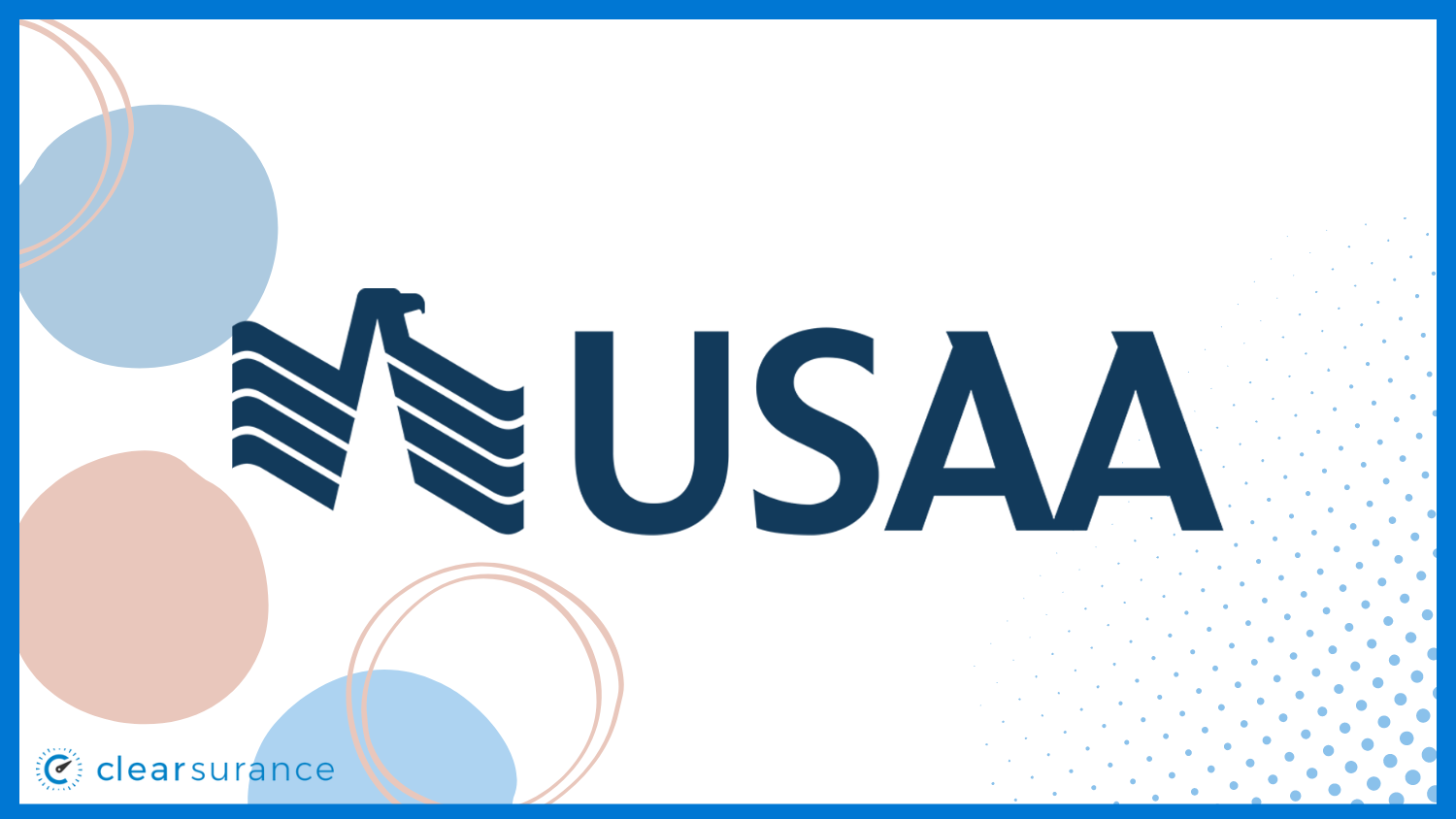
Pros
- SafePilot Program: USAA gives military families a 10% sign-up discount and up to 30% off with tracking.
- Military-Friendly Perks: USAA’s policies are made for military members, adding value to tracking savings.
- Family Discounts: Military relatives can also cash in on tracking-based discounts. Explore more discount options in our USAA car insurance review.
Cons
- Basic App Capabilities: USAA’s app is not as advanced in features as other insurers.
- Slow Savings Build-Up: It can take up to a year to realize the full potential of SafePilot’s tracking discounts.
#10 – Geico: Best for Competitive Rates
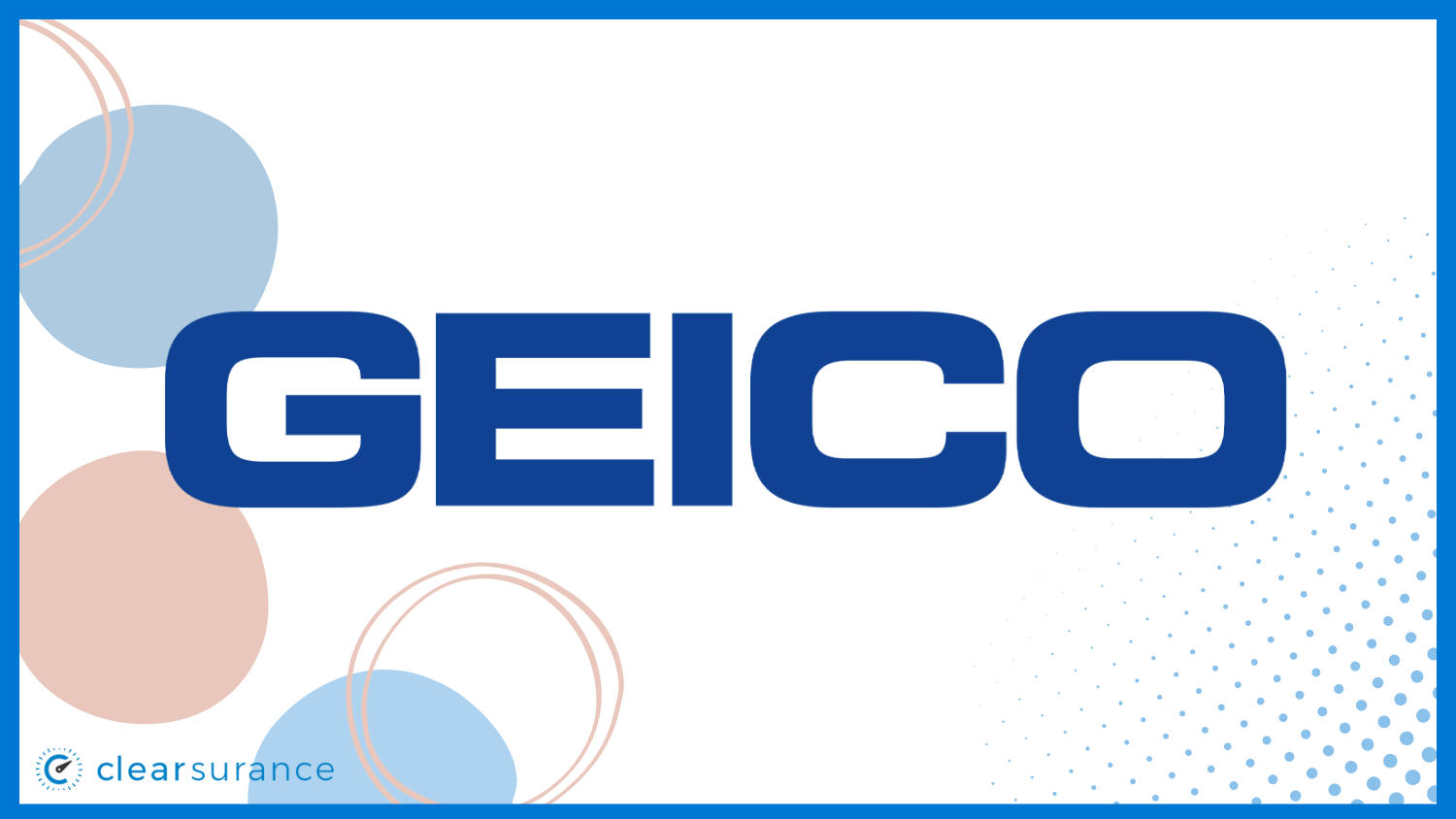
Pros
- DriveEasy Discounts: Geico’s tracking-based program offers up to 25% off for safe driving habits.
- Comprehensive Tracking System: DriveEasy monitors driver behavior, including phone use and speed.
- Simple App Interface: DriveEasy provides immediate feedback on driving performance. Explore more add-on options in our car insurance claims ratings.
Cons
- Privacy Concerns: Some drivers might feel Geico’s tracking tech is a bit too intrusive.
- Big Rate Hikes for Risky Driving: If tracking shows unsafe habits, rates can go up.
Comparing Monthly Auto Insurance Coverage Rates Across Providers
The table below provides an overview of the basic and comprehensive monthly coverage costs from different auto insurers, assisting in understanding car insurance costs. It highlights how various providers compare in pricing, helping customers better grasp the range of options available for both coverage levels.
| Insurance Company | Minimum Coverage | Full Coverage |
|---|---|---|
| $72 | $150 | |
| $68 | $139 | |
| $50 | $124 | |
 |
$78 | $160 |
 |
$60 | $133 |
| $63 | $140 | |
| $59 | $130 | |
| $53 | $123 | |
| $65 | $145 | |
| $48 | $113 |
The table presents minimum and full coverage pricing, with USAA emerging as the most budget-friendly choice for both, starting at $48 for basic coverage and $113 for comprehensive coverage.
| Insurance Company | Available Discount |
|---|---|
| Multi-policy, Safe driver, Good student, Homeowner, New car, Defensive driving, Paid in full | |
| Multi-policy, Safe driver, Good student, New car, Defensive driving, Vehicle equipment, Autopay, Paperless billing | |
| Multi-policy, Safe driver, Good student, Hybrid vehicle, Homeowner, Early shopper, Autopay, Paperless billing | |
 |
Multi-policy, Safe driver, Good student, Homeowner, Accident-free, Anti-theft, Defensive driving, Paperless billing |
 |
Multi-policy, Safe driver, Good student, Autopay, Paperless billing, Continuous insurance, Snapshot safe driver program |
| Multi-policy, Safe driver, Homeowner, Anti-theft device, Paid in full, Early shopping | |
| Multi-policy, Safe driver, Good student, Accident-free, Anti-theft, Defensive driving, Drive Safe & Save program | |
| Multi-policy, Safe driver, Good student, Homeowner, Hybrid vehicle, Paid in full, Continuous insurance, Autopay | |
| Multi-policy, Safe driver, Good student, Defensive driving, Vehicle storage, Military affiliation, Annual mileage discount | |
| Multi-policy, Safe driver, Homeowner, Anti-theft device, Paid in full |
On the other hand, Liberty Mutual ranks among the more expensive options, with minimum rates at $78 and full coverage reaching $160. Other insurers, like Geico and State Farm, also offer affordable plans, underscoring the importance of comparing quotes to find the right coverage.
Top Car Insurance Companies Utilizing Tracking Devices
Most national car insurance companies offer a discount in which policyholders can use car tracking devices to potentially save money on monthly rates. Some of the most popular insurance companies that use car tracking devices include:
- Allstate
- Travelers
- State Farm
- Geico
- Farmers
If you currently have an insurance policy with one of the companies listed above, you could call and speak to a representative to see how to get a discount using the car tracking feature. However, if you don’t have coverage with a company that offers car tracking, you may need to switch car insurance companies or research further to find the best option for you.
Nationwide’s SmartRide
Nationwide insurance offers SmartRide as its car tracking option. SmartRide, a usage-based insurance program, allows policyholders to get discounts up to 40% off their insurance premiums.
People interested in utilizing SmartRide need to apply for coverage with Nationwide and download the SmartRide app. Next, drivers simply need to drive normally for a few days, verifying trips on their mobile devices.
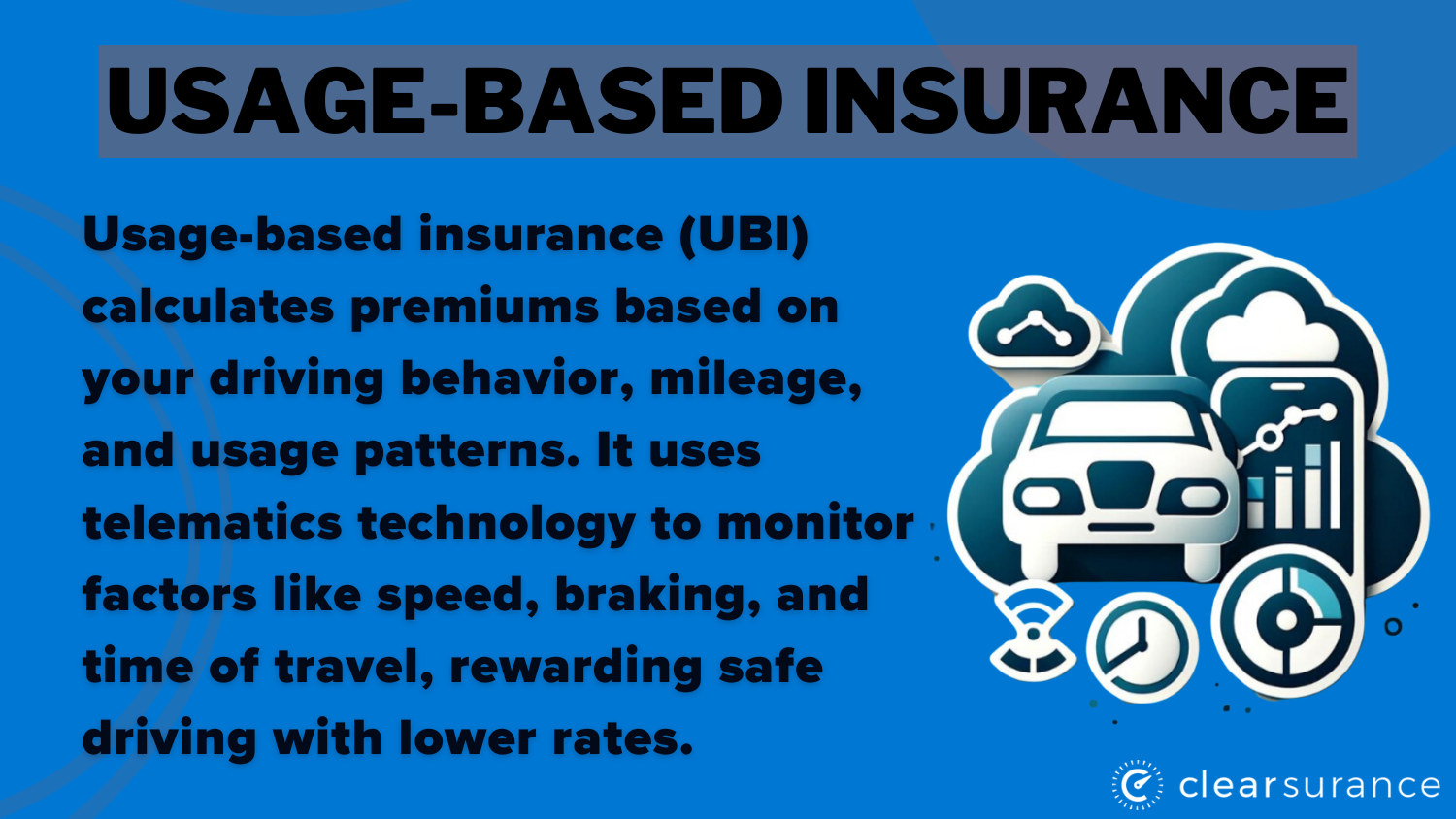
Policyholders with Nationwide can use the app to track their progress, see how much they're saving on their car insurance policy, and determine what they can do to save even more.
While people have an opportunity to save a great deal on their car insurance, Nationwide only allows them to save at their policy renewal, likely anywhere from six months to one year. So if you want to save money on your car insurance immediately, Nationwide’s SmartRide may not be your best option.
Allstate's DriveWise
Allstate’s Drivewise program is another option for usage-based insurance. With Drivewise, policyholders can see how much their driving techniques have saved them in terms of monthly rates.
In addition, Drivewise incorporates crash detection to help policyholders contact an Allstate representative if they’re involved in an accident.
Like Nationwide’s SmartRide program, Drivewise allows drivers to see certain statistics, like how often they use their phones while driving behind the wheel. However, the Allstate website doesn’t state how long it takes for clients to take advantage of premium discounts, nor does the company state exactly how much they could save using Drivewise.
USAA’s SafePilot
USAA says its SafePilot program allows policyholders to keep up with their driving statistics while earning up to 30% off their monthly rates.
Like Nationwide’s program, USAA’s program could take as long as a year to yield a discount near 30%. However, USAA offers a 10% discount for initial sign up.

To take advantage of USAA’s SafePilot program, you must be affiliated with the military or be the family member of someone affiliated with the military.
American Family’s KnowYourDrive
American Family offers KnowYourDrive, a usage-based program allowing clients to save up to 20% off their rates once they’ve used the app for a minimum of three months. However, the company incentivizes policyholders to enroll in the program with a 10% discount for signing up.
Travelers IntelliDrive
IntelliDrive, by Travelers, is a car tracking option that involves a 90-day program. During the 90 days, Travelers uses its IntelliDrive app to monitor several things, including:
- The Time of Day You Drive
- High Speeds
- Acceleration Levels
- Braking
- Distracted Driving Due to Phone Use
After the 90-day program, a client’s rates get set. If you’re a safe driver, this could be a great program for you. Rates with this program are indefinite.
Travelers doesn’t clarify on its company website whether a policyholder can re-enlist in the program to get better rates if their performance during the 90-day evaluation period is poor.
State Farm’s Drive Safe & Save
State Farm’s Drive Safe & Save program allows clients to save on their car insurance rates in two ways: by using the app or by using Drive Safe & Save Connected Car.
Already a Safeco customer? Download the mobile app for free today. https://t.co/ZvDzHonEUk pic.twitter.com/1xiP0lH99F
— Safeco Insurance (@Safecoinsurance) December 14, 2022
The Drive Safe & Save Connected Car option allows State Farm to attach a device to a person’s vehicle to monitor the same things the cell phone app does. However, some people are uncomfortable with allowing companies to use a device or app to monitor driving habits, as they feel it’s a breach of privacy.
Drive Safe & Save allows policyholders to save up to 30% on their policies at renewal.
Geico’s DriveEasy
Geico’s DriveEasy program is similar to other usage-based options listed above. However, the company doesn’t specify how much people can save on their rates by enrolling in the DriveEasy program.
Geico uses the DriveEasy app to monitor policyholders’ driving habits, and the company says its primary goal is to keep people from texting or talking while driving.
Farmer’s Signal
Farmer’s Signal program is an option for anyone interested in a car tracking system via the Farmer’s insurance company.
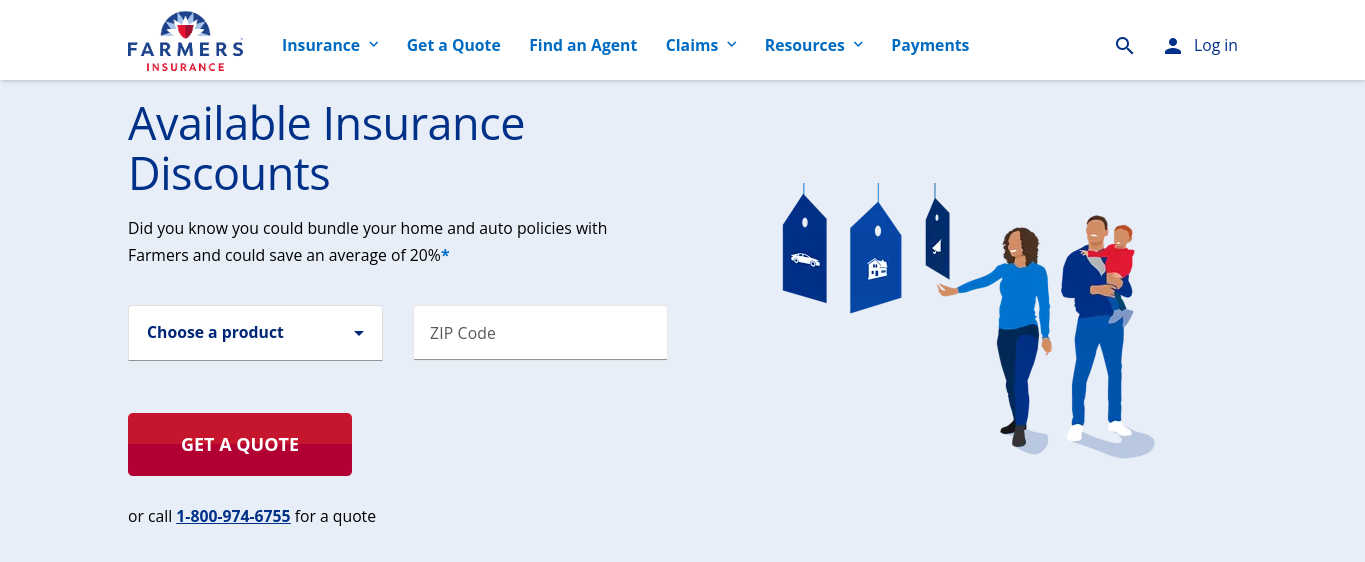
The Signal app monitors drive time, speed, acceleration, and distracted driving. The program also uses an initiative allowing enrolled policyholders to earn up to $100 in rewards if they remain focused behind the wheel 80% of the time or more.
Progressive’s Snapshot
Snapshot by Progressive insurance is a usage-based program that rewards drivers who drive infrequently or drive less than average.
The Snapshot app allows individuals to see their statistics, monitor their habits, and track their progress over time. Unlike other programs that sometimes require six months to a year of tracking, the Snapshot program only requires 30 days of tracking before setting new, lower rates.
Variations in Car Tracking Options Across Insurers
The insurance companies listed above, and many other companies, offer car tracking options as ways customers save money on their car insurance. Essentially, you can potentially reduce your car insurance costs if you’re willing to allow your insurance company to track your driving patterns and information.
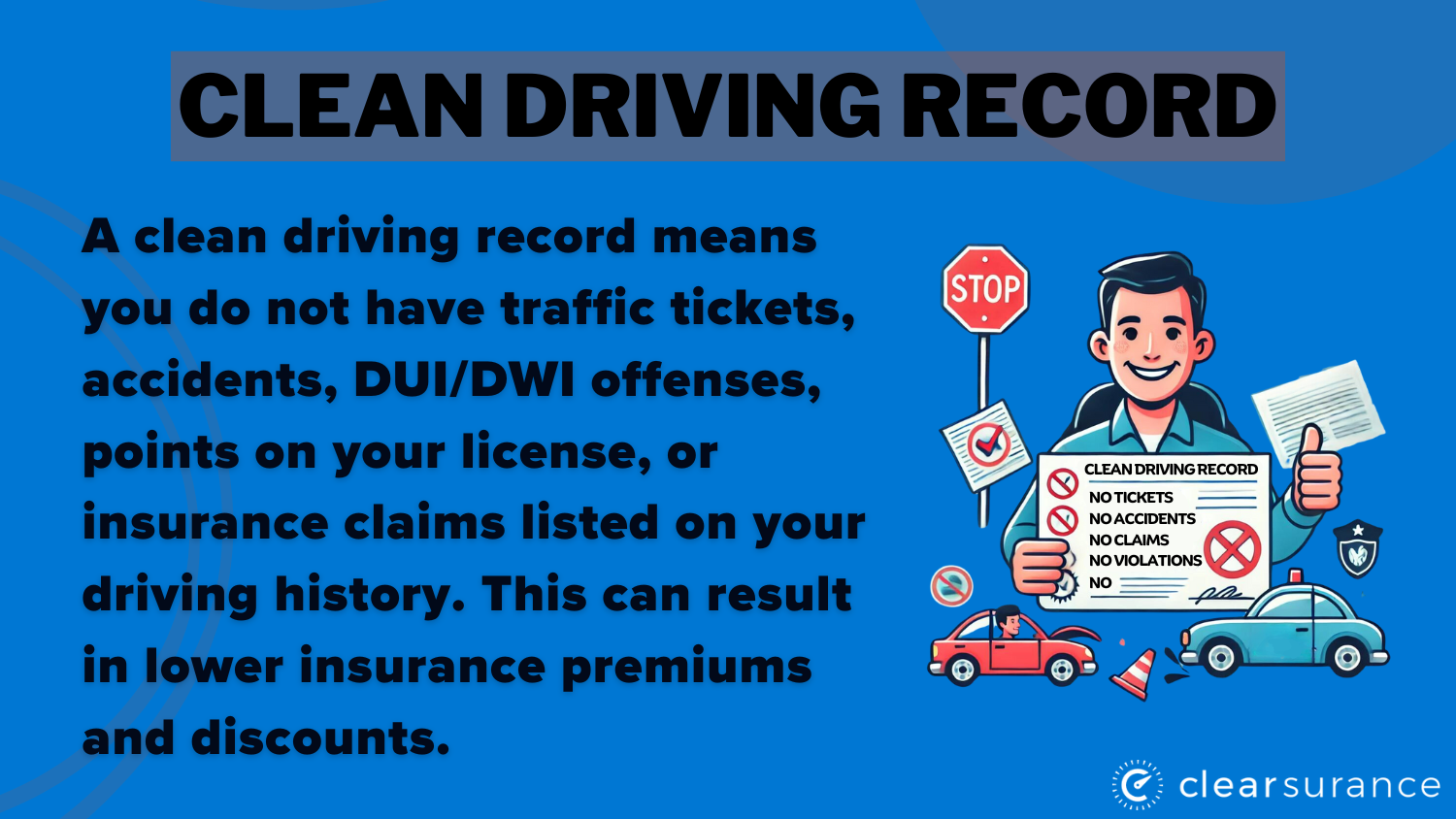
Though all companies have the potential to gather different types of information, the vast majority of companies track the following:
- How Often and How Long You Drive
- Hard Braking and Fast Acceleration
- Overall Speed and Sharp Turns
- Daytime vs. Nighttime Driving
- Use of Phone While Driving
Depending on the company you choose, the tracking may look slightly different because each company has a unique method to track drivers' tendencies to assign accurate insurance rates.
Understanding the Basics of Usage-Based Insurance
All of the car tracking programs listed above are usage-based insurance programs. These programs give discounts to people who use their vehicles infrequently or drive short distances.
As you’ve seen, the programs also reward policyholders who maintain safe and risk-free driving habits.
Understanding the Impact of Car Tracking Devices
If you’re looking to save money on your car insurance, using a car-tracking device through a car insurance company’s usage-based program may be a great option, depending on the kind of car insurance you really need.
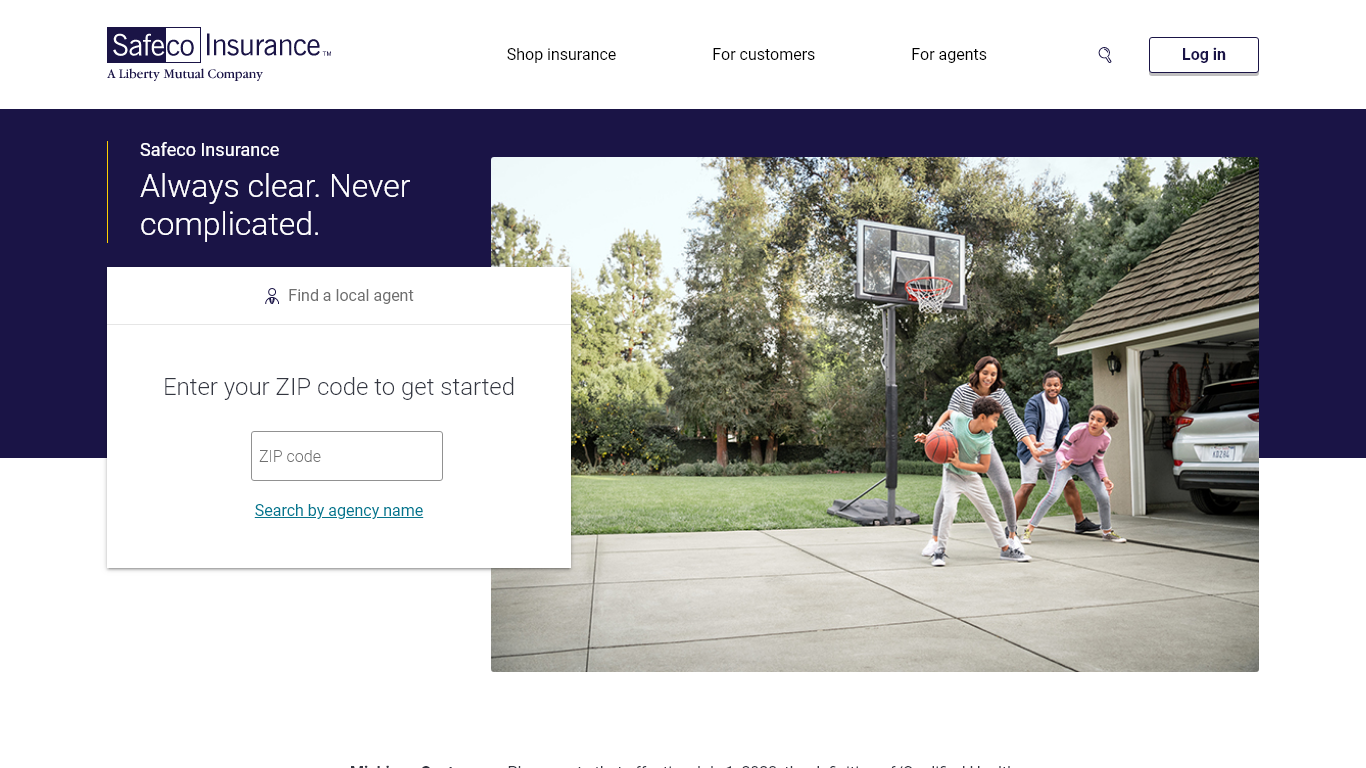
Before enrolling in a usage-based program, you should monitor your driving habits and ensure they’re safe and risk-free. If they’re not, you risk showing your insurance company you’re a high-risk driver, and you could be penalized with higher insurance rates.
Any usage-based program requires some form of tracking, so you have to be comfortable with the idea of a company tracking your location and driving habits for these programs to work for you.
Ready to shop around for the best car insurance company? Enter your ZIP code below and see which one offers the coverage you need.
Frequently Asked Questions
Can an insurance company put a tracking device on your car?
Yes, some insurance companies offer programs where policyholders voluntarily install tracking devices to monitor driving habits.
Does a GPS tracker reduce car insurance?
Yes, using a GPS tracker can help reduce car insurance by providing data that encourages safe driving, potentially lowering monthly rates.
Is insurance cheaper with a tracking device?
Insurance can be cheaper with a tracking device, as safe driving habits monitored by the device, especially for low-mileage car insurance, may result in lower monthly premiums.
How do I know if my car is fitted with a tracking device?
Check your vehicle for installed hardware, or consult your insurance provider to confirm if a tracking device has been added for monitoring.
What are the risks of using car insurance tracking apps?
The risks of using car insurance tracking apps include privacy concerns, as your driving data and possibly your location are tracked.
Are car tracking devices worth it?
Car tracking devices can be worth it if you’re a safe driver, especially for new driver car insurance, as they can lead to discounts and lower monthly premiums on your insurance.
How do I know if my car has a tracking device for insurance?
You can check your insurance policy details or ask your provider directly to confirm if a tracking device is being used for your coverage.
What tracking device do insurance companies recognize?
Most insurance companies recognize proprietary tracking devices or apps, such as Safeco’s app or Progressive’s Snapshot device.
Do car insurance companies put tracking devices on cars?
Car insurance companies that customers recommend do not automatically install tracking devices; they typically offer them as an optional program for discounts.
What car insurance companies use tracking devices?
Companies like Safeco, Allstate, and Progressive use tracking devices to offer policyholders discounts based on their driving habits.
Enter your ZIP code to find cheap full coverage insurance near you.
Do insurance companies track your location?
Yes, some insurance companies track your location using tracking devices or apps, primarily to monitor driving patterns and risk factors.





